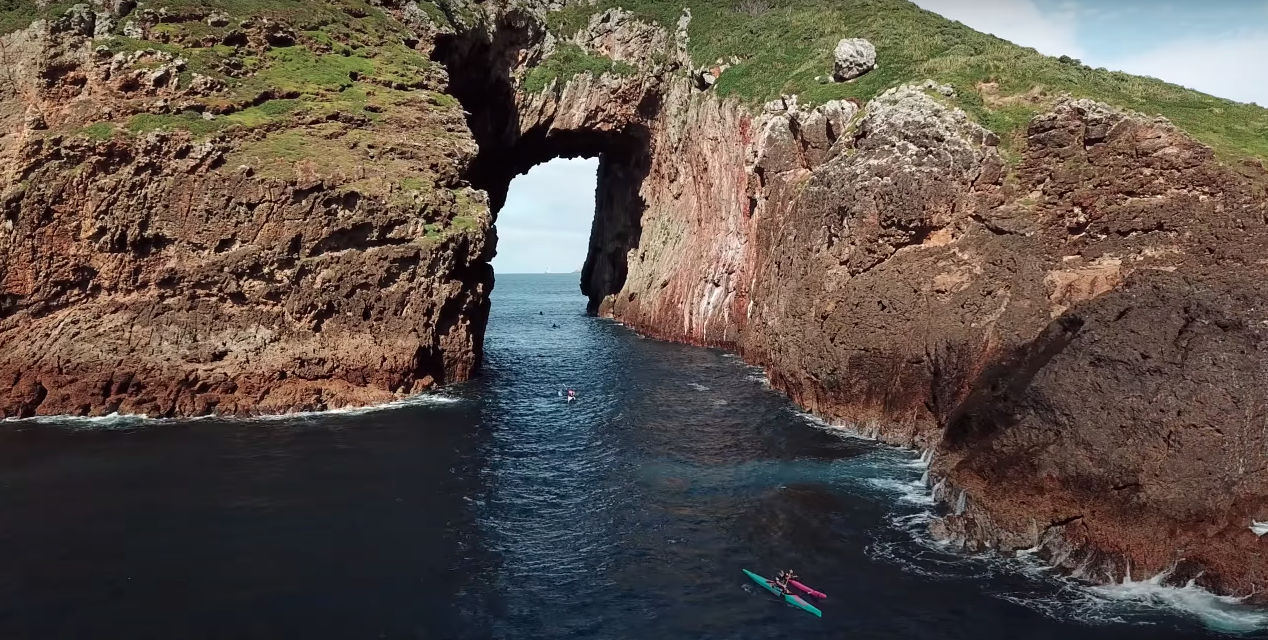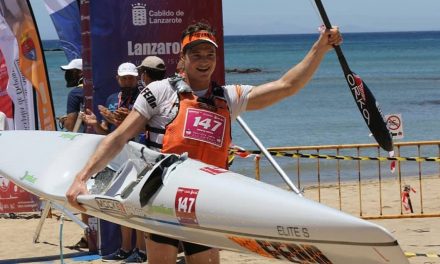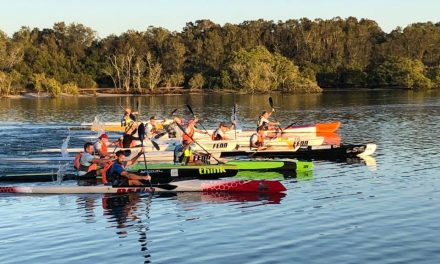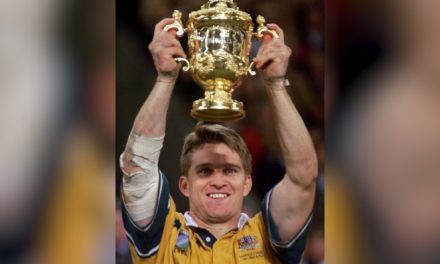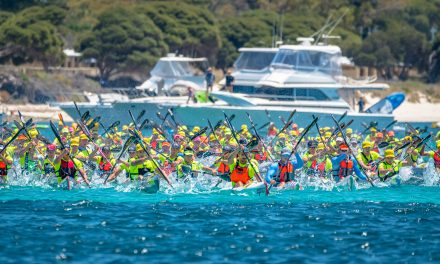COMMUNITY COMES FIRST FOR ICONIC NEW ZEALAND EVENT
The Poor Knights Crossing is a race built on respect.
Respect for the land, respect for the ocean, respect for the local community and its Maori culture, and respect for the cluster of hallowed islands from which it takes its name.
So for race director Tim Eves, the structure of this year’s event was a simple one.
“It’s time for the paddlers and the paddling community to pay back these sponsors who step up every year and help us out.” He says.
Tutukaka, the home of the iconic race on New Zealand’s idyllic north coast, is a town that relies heavily on tourism.
The Poor Knights Marine Reserve, where the 24 kilometre paddle either begins or finishes, is regarded as one of the world’s best diving locations.
The ecosystem is incredibly unique. Home to an abundance of marine life, it’s believed the island was formed some 11 million years ago, its volcanic origins creating breathtaking rock formations, cliffs and caves.
In fact, if the conditions are right, the race itself starts inside one cave that is said to be the largest sea cave in the southern hemisphere.
Above the water, the island is untouched – no one is allowed by law, and by local culture, to set foot on it.
But with the COVID-19 pandemic, visitors have been few and far between.
That’s why Eves is returning any profits made from this race in September back into the local businesses that sponsor it – an easy decision to make.
“Well if you ask my wife you might get a different answer mate,” he laughs.
“It’s always been a community event for me, but this year I think it’s even more important we give the local community a hit out of it.”
“If I was charged retail price for everything, it would make the race impossible because the mere cost of it would blow you out of the water.
“But all of the local operators climb on board every year and give us a heavily discounted price to use the boats to run the event.
“My plan this year is to get enough money to pay those operators their full retail price to try and get some money in their coffers.
“I’ve always tried to use local businesses and local people as part of the event infrastructure and event sponsorship.
“Even down to things like the t-shirts. It’s another five bucks a t-shirt to stay local rather than go to China and order something cheap.
“But I’ve always done that because I think the pay-back is that you get loyalty from the people who see this event in their backyard.”
The Poor Knights Crossing may not be the biggest race in the world, but some of its previous winners are among the sport’s elite – Dean Gardiner, Michael Booth and Mark Anderson have all made the trip, and loved the experience.
As does Tutukaka itself.
“It is a small community with a local feel, and the race is one of the highlights of the year out here,” Eves says.
“Just from my point of view, my sister and brother-in-law own the two restaurants in Tutukaka. My close friends runs one of the main dive tour operators in Tutukaka.
“Lots of family and friends are interlinked throughout, it’s a very close community anyway, but we all get a bit closer every year.”
There is one obvious hurdle that’s also standing in the way of that happening in 2020 – COVID-19.
Given New Zealand’s low infection rate, organisers are hopeful it will go ahead unaffected, and the impending open border arrangement with Australia could even help boost competitor numbers.
“We just made a decision to forge on and hope for the best because you just don’t know what’s coming over the horizon anymore,” Eves explains.
“Now it looks like there’s a bit of light at the end of the tunnel, so we may as well shoot an arrow for that light and hope for the best, really.”
And he doesn’t have to look far for inspiration to make it happen.
“You can’t live on the coast and not cast your eye to the ocean and see the Poor Knights Islands out there.
“It has a sacred spot in the community’s mindset here. It is a very, very special place with some extremely rare and special aspects to it.”

